Kebijakan Renewable Energy Directive II (RED II) kian mengatur terkait pelarangan Crude Palm Oil (CPO) Indonesia oleh Uni Eropa. Hal tersebut terjadi lantaran Uni Eropa telah mengesahkan rancangan proposal tersebut yang berkaitan dengan energi. Dalam proposal kebijakan tersebut menjelaskan tentang penghapusan pemanfaatan kelapa sawit sebagai bahan baku biodiesel.
Tak hanya itu, proposal tersebut juga mengatur tentang energi terbarukan dan pembatasan impor terhadap kelapa sawit. Anggota-anggota parlemen Uni Eropa mendukung penuh penghapusan pemanfaatan kelapa sawit sebagai bahan baku biodiesel. Tentu keputusan yang diambil oleh Uni Eropa mendapatkan kecaman keras dari Indonesia.
Berhubungan dengan komitmen Uni Eropa sejak tahun 2017 untuk melawan pemanasan global dan mengurangi gas emisi pada tahun 2030. Hal tersebut menjadi salah satu alasan dihentikannya penggunaan kelapa sawit…Read More




